London is an intense city, and lots of us Londoners suffer from stress-related headaches. In this post I’ll present a few ways to help prevent them, and some mild release techniques. I should stress that once a headache started, it’s really hard to make it go away with anything but drugs, so your best chance is preventative action; and this post is full of ideas for that!
Self-massage
A lot of stress related headaches come from tensions in the neck and shoulder muscles. Here are two easy self-massage micro-treatments that you can use at any time to help relieve those.
Drop your head forward, then gently grasp the back of your neck without using your thumb. Squeeze as you tilt your head backwards, and relax as you bring it forwards. Repeat a few times.
To make that even more efficient, you can picture the tissue at the back of your neck as a sponge. It starts full of dirty water, like you just did the washing up with it, and as you squeeze, all this dirty water runs out and drops down. You can image the feeling of this water running down your back. As you drop your head down again, it fills again with fresh, clear water.
Grasp your upper traps (the muscle between your neck and your shoulders) without using your thumb. Squeeze as you lift your shoulder, and relax as you bring it back down. Repeat a few times.
You can use the same sponge image for this one as well!
Images
To continue on the theme of relaxing the neck, you can imagine that your head is floating up; as if it was a hot air balloon, and your chest would be its payload. Alternatively, you’re a puppet, suspended from the top of your head, and the rest of your body is hanging from your head.
Another frequent cause of headaches is tensions around the eyes. Those are more tricky to self-massage (but you can book a treatment and I can do it for you; face massages are amazing!), but that doesn’t mean you can’t do anything about it. The best thing to do is to look at distant things often. Look out of your window, look at the clouds, at the people in the street, as far as you can see them, and so on. If this is challenging for any reason (for instance if you spend considerable amounts of time in a windowless indoor space), you can achieve a similar result by simply imagining that you’re looking at something distant. Here are a few examples of images I use when I need to relax my eyes:
– look at the moon (it’s about 300’000 km away, after all!);
– you’re at the seaside; look at the horizon and try to spot sails;
– use a personal fond memory; for me that means La Vue Des Alpes, a pass in the mountains close to where I was born, from which we can see the Alps (as the name suggests), which are at least 60km away!
Others
There are other things that can help, but those are not in my domain of expertise, so I only relate them as I heard them and as seems to make sense for me.
Stay hydrated! Your brain needs lots of water to function, so keep it well supplied with the precious liquid.
Eliminate properly! If you hold on to biological waste for too long, some toxins might build up and start entering your blood flow. Also, physically cramming more stuff in your belly, probably constricted by a belt or other bits of clothing, doesn’t help with relaxing. (Note that abdominal massages are a thing and they can help with elimination.)
Meditate! Taking some amount of time to meditate can do wonders for your stress, therefore preventing the apparition of headaches. You can get started with this previous post about breathing.
I hope this helps you live a more active and fulfilling life, free of this abnoxiousness that is headaches!
Continue reading: Self-Massage For Your Hands, Self-Massage For Your Feet.
Want more like this?
Check out the following blogs from massage therapists I know from around London:- On The Run Health and Fitness on running, nutrition and sports massage.
- The Soma Room on sports massage and exercise.
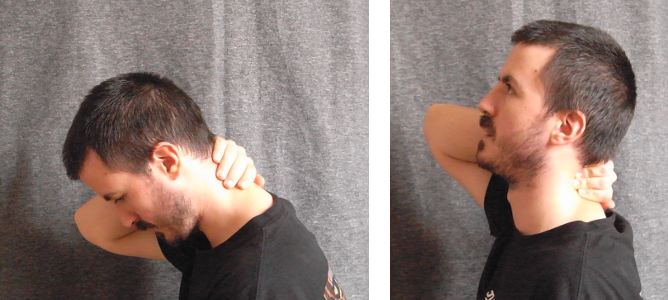
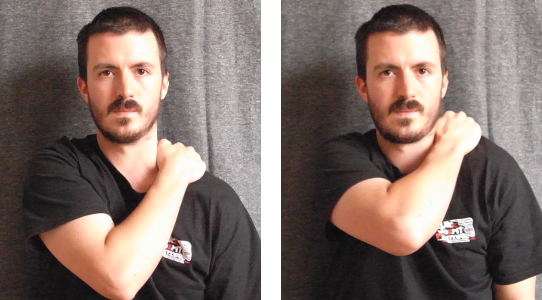
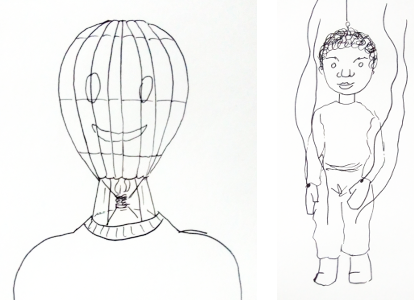

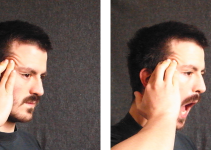
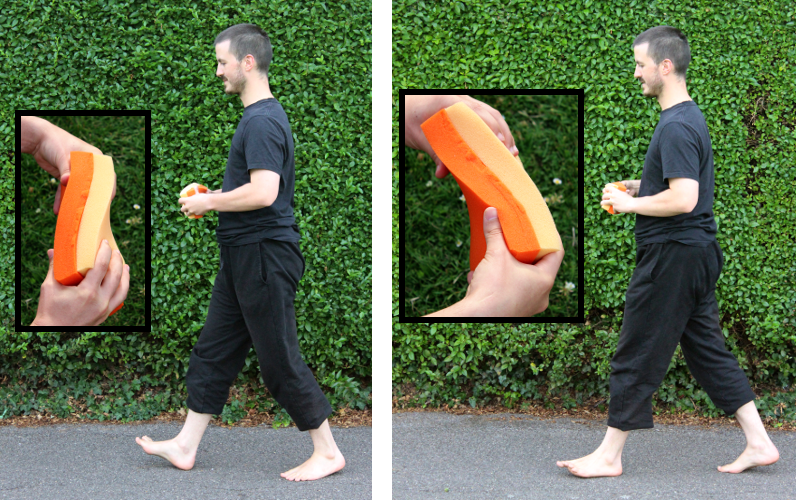
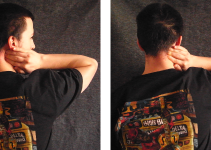
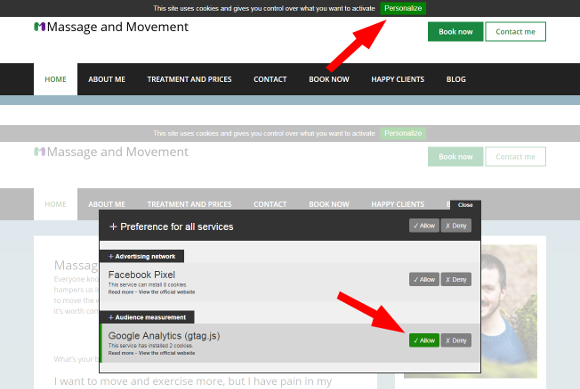
No Responses